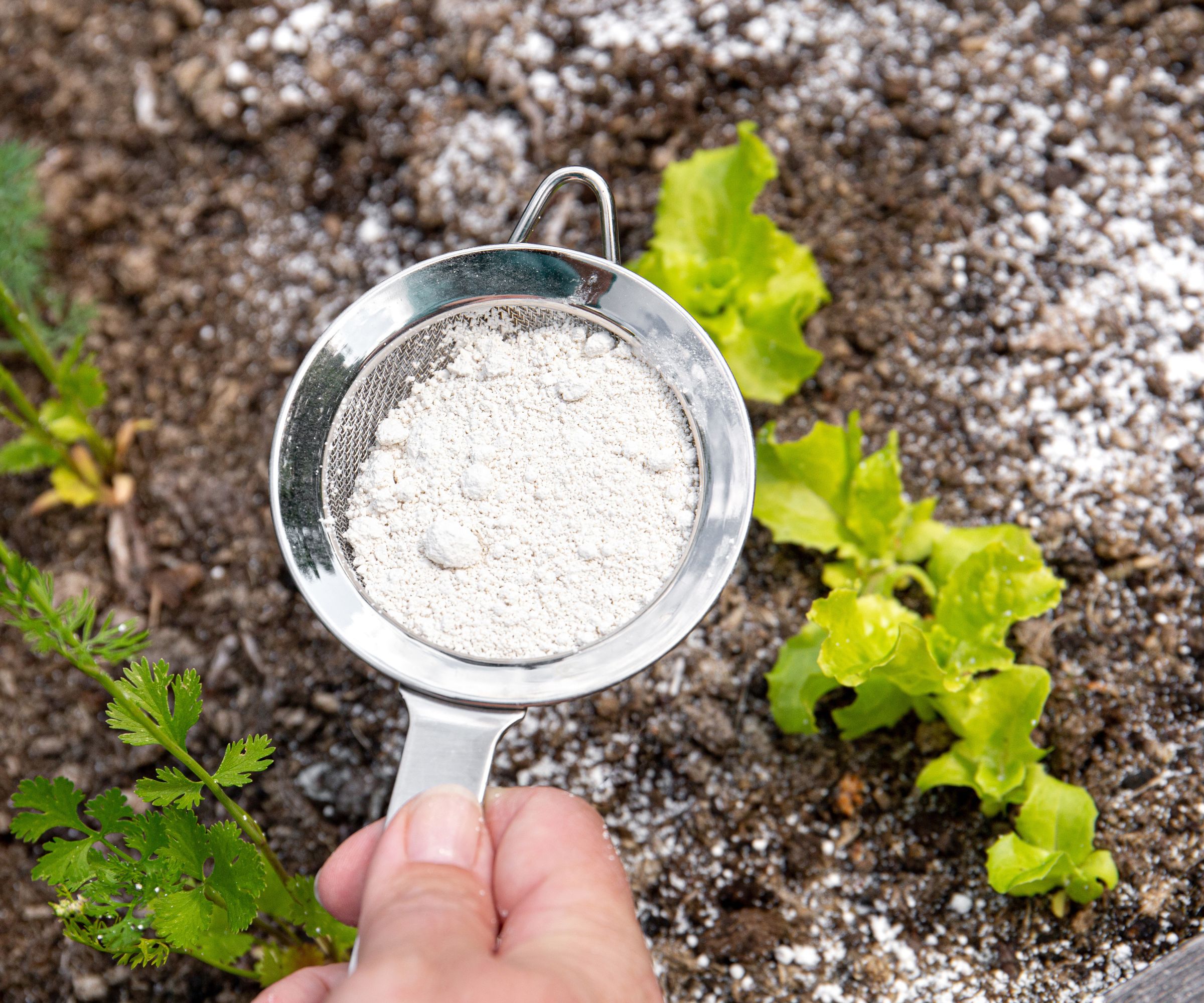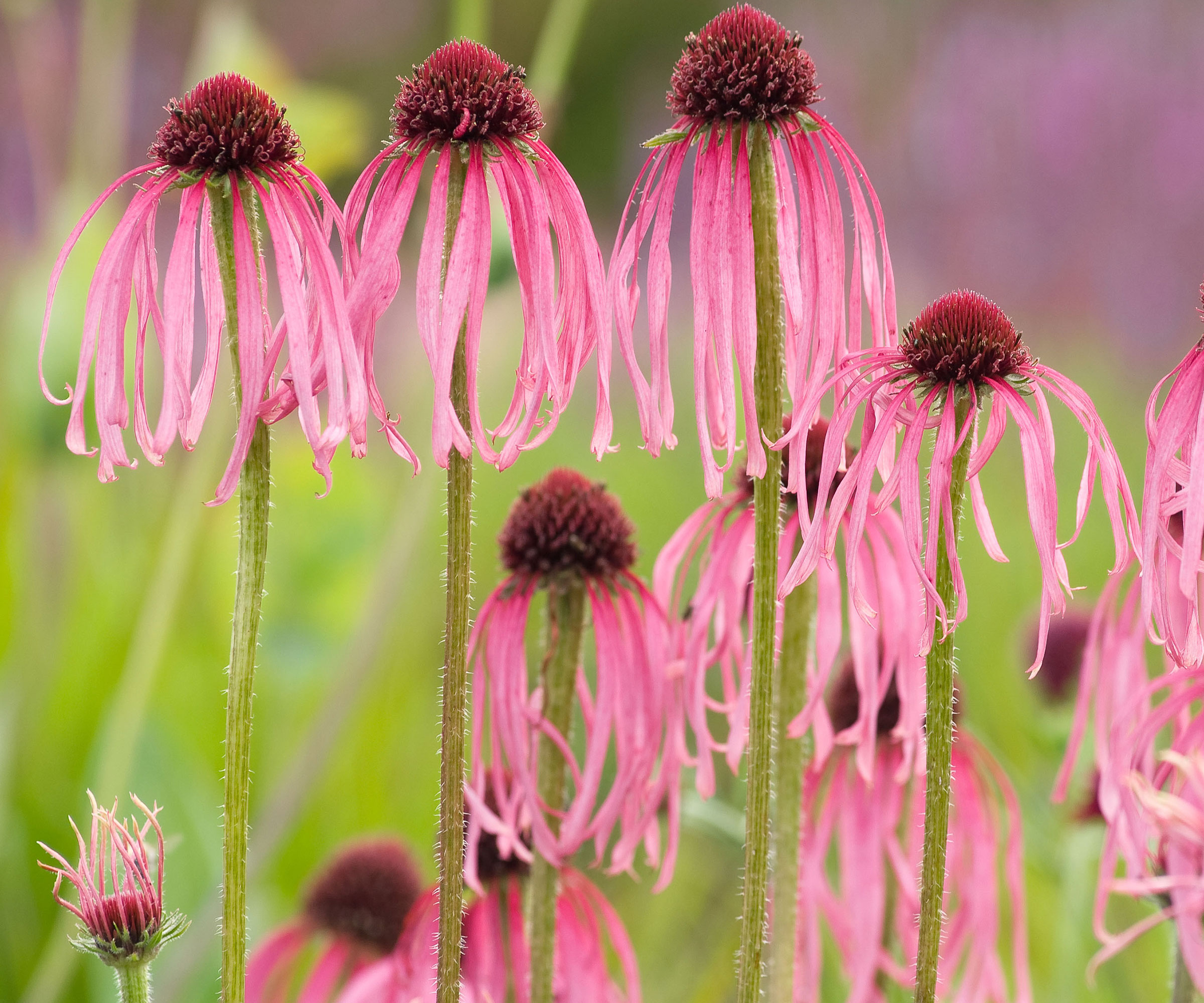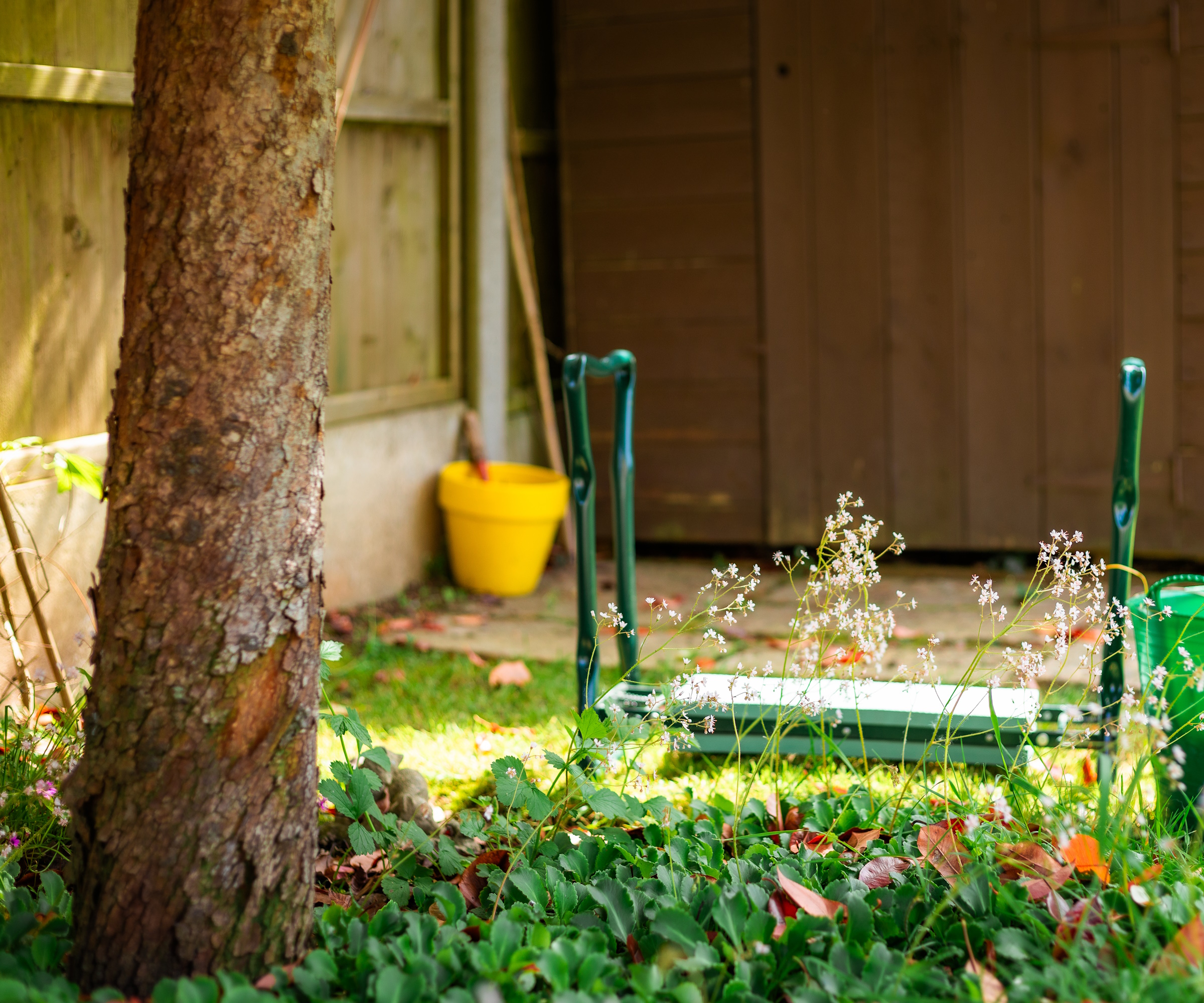
Rasberry crazy ants (scientifically known as Nylanderia fulva) are one of the more recent and frustrating invasive critters to make their presence known in US gardens, so it makes good sense to arm yourself with the natural pest control methods that will keep them at bay.
First identified in Texas in the early 2000s, these ants earned their typo-coded name due to their erratic, frenzied movements and the man who helped document them: exterminator Tom Rasberry. Since then, they have spread across the southern United States, forming sprawling supercolonies.
So much more than simply pests that can destroy plants, these ants can cause issues for electrical equipment, pets, and household stability, too. But, while it's tricky to get rid of them completely, there are ways to manage rasberry crazy ants like a pro.

How to identify rasberry crazy ants
Unlike other ants, rasberry crazy ants don’t follow neat little trails or stay within a confined area. Instead, they move in rapid, seemingly random directions, which makes them particularly difficult to track or trap.
‘These ants differ from their counterparts because they don’t establish organized paths,’ says Tammy Sons, founder and CEO of TN Nurseries, who says that the bugs stand out as ‘one of the most aggressive recent threats’.
‘They move chaotically through electrical equipment and mulch-heavy areas, including compost bins.’
They are also known to invade electrical equipment due to its warmth; outcompete native ants and even fire ants, and feed on a variety of food sources, including honeydew, sweets, and proteins.
As such, ‘the presence of rasberry crazy ants is indicated by active groups of movement around your plants and swift aphid population growth, harming plants even further,’ adds Tammy.
Worse still? These ants tend to avoid many commercial insecticides, and in some cases, have developed a tolerance for chemicals designed to combat other ant species. Eek.
Natural pest control methods for rasberry crazy ants
While calling in the professionals is often the best thing to do if you have a larger infestation, there are some natural ways to manage rasberry crazy ants if it's a smaller colony or an early outbreak.
These are not guaranteed fixes, by any means, but they can help reduce numbers and interrupt their foraging, which means they're absolutely worth a try.
1. Disrupt ant trails with homemade remedies

If you've ever used spices to deter common garden pests or other scents that garden pests hate, you'll be pleased to learn that rasberry crazy ants have their very own (aroma-heavy) kryptonite.
‘A mix of cinnamon and clove oil mixed in water and sprayed on may disrupt the ant trails,’ says Ellen Mary Webster, author and professional gardener.
‘White wine vinegar and water is a go-to for so many things in the home and garden, and this again can disrupt the scent trails, making it difficult for the ants to navigate the area,’ she adds.
Similarly, Tammy recommends using peppermint oil diluted in water. ‘Spraying a combination of peppermint oil and water directly onto ant trails successfully disrupts their scent trails,’ she notes.
You can pick up:
White wine vinegar from Amazon
As well as this handy Garden Handheld Sprayer from Hudson via Amazon
2. Try diatomaceous earth

Another option for keeping rasberry crazy ants at bay is diatomaceous earth, a natural, pet-safe powder made from fossilised aquatic organisms. It works by drying out the exoskeletons of ants and other insects upon contact.
‘Sprinkling diatomaceous earth at plant bases proves effective because it removes moisture from pests without causing damage to helpful insects,’ says Tammy.
Try something like HARRIS Diatomaceous Earth Food Grade from Amazon; it even comes with the powder duster included.
3. Boiled citrus peels and other DIY repellents

Boiling citrus peels and pouring the liquid into known nests can act as a natural deterrent for rasberry crazy ants.
Indeed, Tammy has found this method useful in her own work, and it’s both an affordable and eco-friendly way to tackle a very big problem.
You may also try coffee grounds, cayenne pepper, or lemon juice in small problem areas to test their deterrent effect (although the jury’s still out on whether these actually work).
4. Introduce beneficial nematodes

Another option for controlling rasberry crazy ants is to stock up on something like Beneficial Nematodes Hb Heterorhabditis bacteriophora from Amazon.
‘Beneficial nematodes may be helpful and can be mixed with water and sprinkled onto the soil if that’s where they have overtaken,’ says Ellen Mary.
‘Safe for pets, wildlife and children, nematodes can be used for many garden pests. However, they are expensive and the ants do come to a grisly end.’
These microscopic worms attack insect larvae in the soil, helping to control a wide variety of pests, including ants in some cases. Use them in early spring or late summer for best results.
5. The best defense is a good offense

Because full eradication is so difficult, prevention is key when it comes to rasberry crazy ants. As they are attracted to moisture, food, and warmth, you can minimise your chances of an infestation by:
- Keeping food stored in sealed containers.
- Concealing household and garden waste.
- Repairing cracks, gaps, and holes in outdoor walls and around electrical outlets.
- Ensuring your garage, basement, and garden structures are dry and well-ventilated.
‘The best way to keep crazy ants at bay is to always keep food in sealed containers, including bird food in the shed, and make sure trash is concealed and keep the home and garage dry,’ says Ellen Mary.
‘It's also vital you make sure they can’t get to electrical outlets or outside devices by sealing any damage.’
FAQs
What is the problem with rasberry crazy ants?
There are several problems with rasberry crazy ants; they wreak havoc on our homes and gardens, for starters. And, secondly, they are difficult to manage because of their rapid colony growth and their ability to form multiple queens within a colony.
According to a study published in The Midsouth Entomologist, researchers noted that colonies can contain up to 100,000 workers per meter, with overlapping territories forming 'unicolonial' supercolonies.
Worse still? 'Control of N. fulva with currently available contact insecticides has not been successful in field trials,' add researchers.
What is the best way to get rid of rasberry crazy ants?
While there are plenty of natural pest control methods available, the best way to get rid of rasberry crazy ants is to call in the professionals, ASAP.
Because they reproduce quickly and spread with alarming speed, these pests can take over outdoor and indoor spaces in a matter of weeks.
'There aren’t any natural predators that I know of, as they are an introduced species," says author and gardening pro Ellen Mary Webster. 'The best course of action if they are particularly problematic is to call professional help.'
Look for pest control specialists experienced with invasive ants, as generic services may not be familiar with this species' unique behaviour and resistance to pesticides.
While rasberry crazy ants pose a very real threat to gardens, wildlife, and even home appliances, early action and consistent non-toxic pest control techniques can help keep them in check.
And, by understanding their behaviour and preferences, you can take steps to disrupt their environment and give your garden a fighting chance.
'Always aim to maintain ecological balance rather than eliminate all insect populations,' advises Tammy.
It may not be easy, but with patience and persistence, it's possible to reclaim your space from their chaotic invasion. Good luck!







